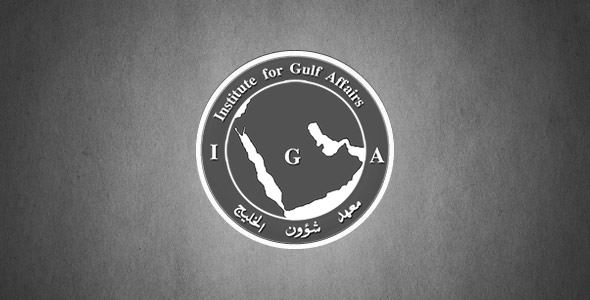Limited Options for the U.S.
By Ali AlAhmed
New York Times, May 30, 2012
The Saudi-proposed Gulf union will not come to fruition because it might mean breaking apart the Gulf Cooperation Council. Most council members already fear Saudi domination over their monarchies. Let’s all remember that monarchies are extremely selfish. Oman and the United Arab Emirates expressed their objections to a Gulf union recently when their leaders skipped the last council summit, in Riyadh. As for the United States, a major hurdle against the union is the possibility of Saudis pressuring Bahrain to close the American naval base there. And if the base were to remain open, there’s a chance that it would be exposed to greater threats from Al Qaeda.
United States policy has been very consistent in fully supporting the monarchical regimes in Bahrain and the Gulf. The current American policy in Bahrain is aimed at limiting the effects of the ongoing popular revolt. The U.S. has been sending a very clear message to the Bahraini opposition, that it doesn’t support a regime change or even the establishment of a constitutional monarchy. The Obama administration has even refused to support the removal of Khalifa bin Salman, the longest-serving prime minister in the world.
Arms sales are just the tip of the iceberg when it comes to U.S. support of the Bahraini monarchy. The U.S. is also providing security training and intelligence, including some that was used against protesters, and has blocked, in the past few months, several Bahraini human rights activists from its territories.
Politically, the U.S. has not pushed to bring Bahrain before the United Nations Human Rights Council or the United Nations Security Council, as governments of other Arab Spring countries have been. In a nutshell, the Obama policy has maintained its support of the monarchy and limited itself to advocating for some improvements of human rights conditions. But the U.S. has yet to call for the release of imprisoned human rights activists or levy sanctions against human rights abusers.
Some officials have used the Iranian/Gulf tensions as an excuse for the current U.S policy. Iran and Saudi Arabia have been regional rivals for decades if not centuries and are currently involved in a cold war.
While Iran has provided very little assistance to the protesters beyond its news media coverage, it is genuinely concerned about the Saudi plan for what it calls a “soft annexation” of Bahrain. Because of the American/Iranian adversarial relations, the Saudi painting of the Bahraini uprising as Iranian-engineered was logical. The U.S. was quick to embrace the Saudi narrative.
The U.S. has limited its options in Bahrain through its support for the monarchy and has given both Iran and Saudi Arabia greater chances to intervene on the island known as the Pearl of the Gulf.



Comments are closed.